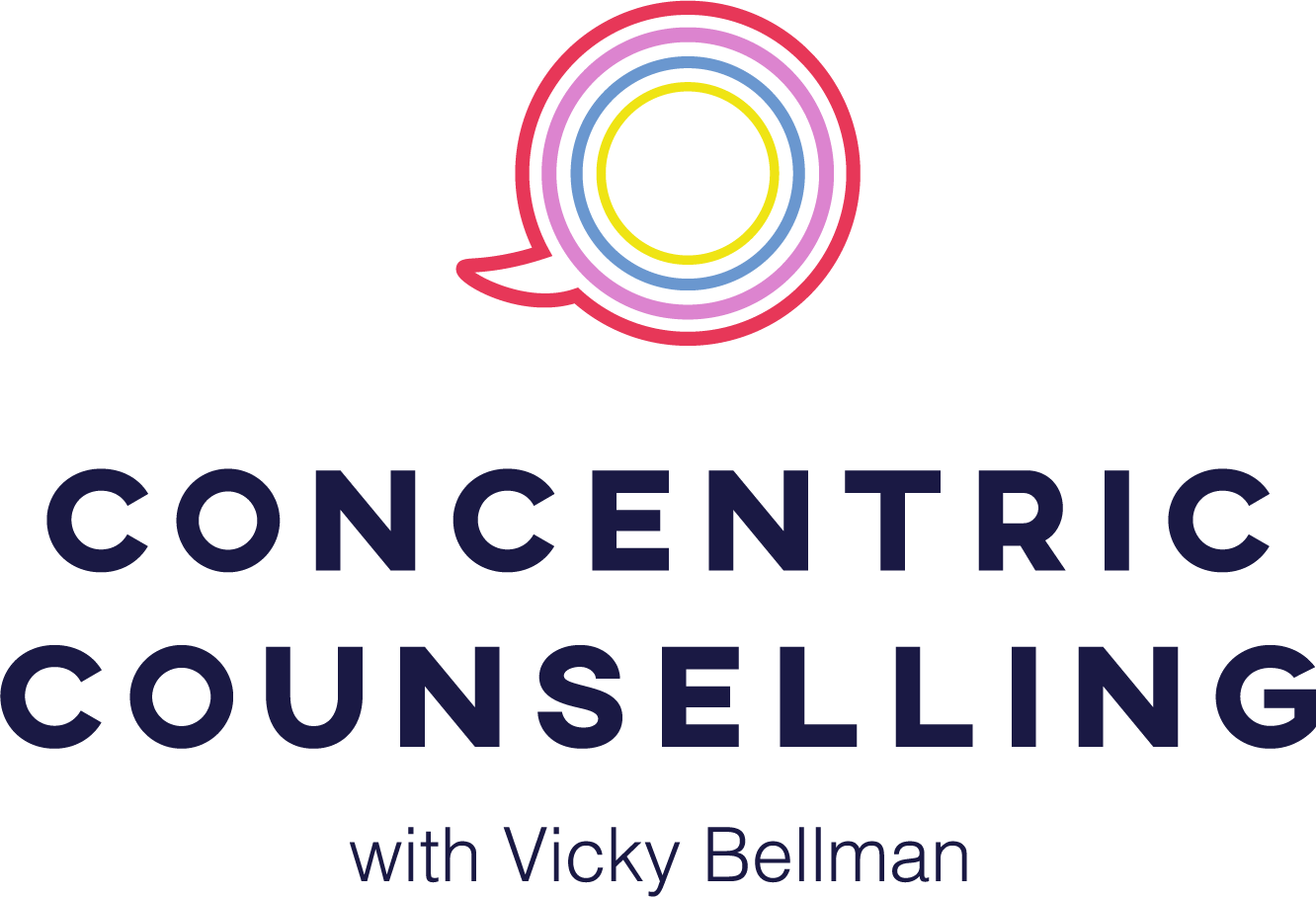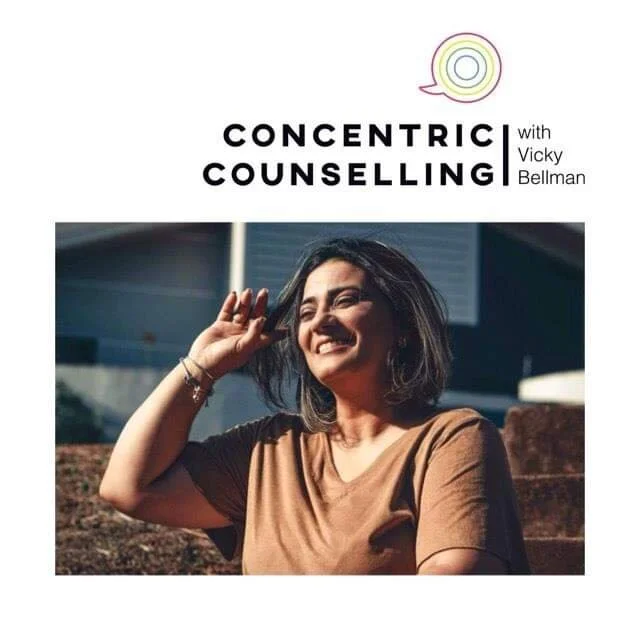Writing a regulation recipe - an antidote to overwhelm
Overwhelm presents itself in many different ways, have you noticed that? It can be the time of year - as we approach winter, our resilience, immunity and energy levels can all take a dip. It can be a life stage - particularly in mid 30s, or after children, when life feels like it’s a lot of responsibility and not much joy. Or it can also be a response to what’s happening around us - a response to our surroundings; I feel like 2017, ‘18 and ‘19 did a bit of a number on us all. Brexit, Trump, continuing austerity - the news can be bleak, and that cultural and social stress gets distilled into something more individual - overwhelm.
Overwhelm can be a scary place to be, and I’m not sure we talk about it enough. It is that state where your principal experience is of stress, and it can either be acute or chronic; that is, it can be intense, or persistent. To simplify it further, it’s when a stressed state has been too much, or been going on for too long. Sometimes, it’s both.
It’s in those times that the world can feel too big, too frightening, and too much. You may feel less capable, less able to cope, experience periods of numbing, or overwhelmed by uncomfortable or distressing feelings; often, you feel much more scared. Relationships can get affected, it can be a struggle to feel the joy and satisfaction in life, and you can often feel like you’re drowning in a sea of responsibilities and expectations. You feel stuck - unable to move forward, and terrified of staying in the same place.
Whether the feeling of stuckness has been brought about through stress, loss, heightened anxiety or low mood, the central factor is that we become dysregulated; our system can feel flooded. As one young woman said in my practice room this week, ‘I’m just over it’. And we need to administer an antidote.
The practice of regulating - of unsticking - happens one small step at a time. We need to adminster some small acts of care for ourselves and, although small, they can make a real difference. We feel like we’re never going to get any relief from the intense stress, so small respite breaks are extremely valuable - usually soothing, reassuring actions, they help restore a sense of balance and safety. Even just one or two of these actions can get us to slow down just enough to reduce that sense of urgency that often accompanies overwhelm. We’re aiming for a kind of neutrality - not too ‘high’ and manic, not too low and ‘slumpy’ - just a safe somewhere in the middle.
Do a quick inventory: how are you feeling? How's your body doing? In the rush to meet the needs of others, are you forgetting your own?
It need only be a five minute speed exercise, or it can be a chance to spend a longer amount of time in self reflection. It is a prompt to consider how you could support yourself in feeling a little more regulated at a busy and intense time of year. But writing it down can ensure that, even when you’re overwhelmed and over it and your head is all over the place, you’ve set yourself an intention (and a prompt) for things you know will help.
Write the recipe
It can be a note on your phone, or scrawled in the stories of your insta, but it’s best if it’s an analogue exercise. Creativity is a great way to soothe the limbic system (the bit of our brain that gets overwhelmed and stressed), and the ordered nature of the recipe style brings the thinking brain back online. You could write it like I did, as an actual recipe! Or choose your medium; maybe collage, or a page in your journal, or a mindmap or pie chart. If you’re kinesthenic, you might even like to grab a box, and fill it with prompts.
Using your five senses as a guide, create a recipe for yourself that can prompt you to some self care actions when you are feeling overwhelmed and dysregulated.
If you can’t imagine it for yourself, imagine what you might do for a friend to make them feel more ‘neutral’ again. Or, if you’re an animal lover, think of your favourite pet and think about what they need - for example, what does your pet cat need to purr again? We’re not that different from animals, so they can often be our guide here.
Look at my examples - low energy (if they’re too demanding you just won’t do them), easily available and cheap, energy restoring, order creating, comfort inducing, sensory soothers. This is not supposed to be a list of virtues, of further demands upon you - these are a list of kindnesses.
Make it your own
My experience is that the way that you do this exercise is as important as what you put in the exercise. By that I mean… get creative. If you’re a writer, journal it out, and bust out rainbow pens and the good washi tape. You can mood board it - going through magazines and tearing out images that represent your regulation needs. Or you could collage words, and letters to form words, to end up with a written recipe that incorporates some creative flair. One of these days, I’ll write a full blog post about why I love collaging so much…
More ideas If you’re a crafter, grab some graph paper and make a simple cross stitch pattern (you could even stitch it for yourself after!). If you’re more mathematically minded, do a simple pie chart or column graph. If you’re particularly kinesthetic, you might even like to grab a box and fill it with objects that act as prompts. If you’re a cook, go full on recipe, like I’ve done here - two parts of this, one part of that, two parts of the other.
Repeat as necessary
This is not a ‘take once and recover’ recipe - this is one that might need to be adminstered repeatedly. Overwhelm is our system saying that it needs a reset - it’s like having too many tabs open and the computer constantly crashing. Take the time to do some much needed maintenance and updates, as often as necessary.
Do it with your children
If you’re a parent, why not head through the piece again and imagine your child going through this - sounds like a meltdown/tantrum/overwhelm moment, huh?
So, to start, share your recipe with your children. One of the main ways we help our children learn to regulate themselves is by modelling healthy emotional regulation to them, and this happens both implictly (just by them watching) and also explictly (by us finding calm moments to explain).
And then help them make their own. Collaging is perfect for younger children, as they can be visual and use images. Mid-age children might like to find letters to make words - it’s a medium they’re very used to. And, in my experience, teens love collaging - it feels pleasingly youthful, whilst they also enjoy a flick through the magazines too.
This exercise isn't a substitute for counselling, although I do hope it helps. If you find that you are feeling emotionally overwhelmed and these feelings won't shift, consider seeking professional support. You can work with me in London, Kent or online, by contacting me at hello@concentriccounselling.com or 07419 190930.













